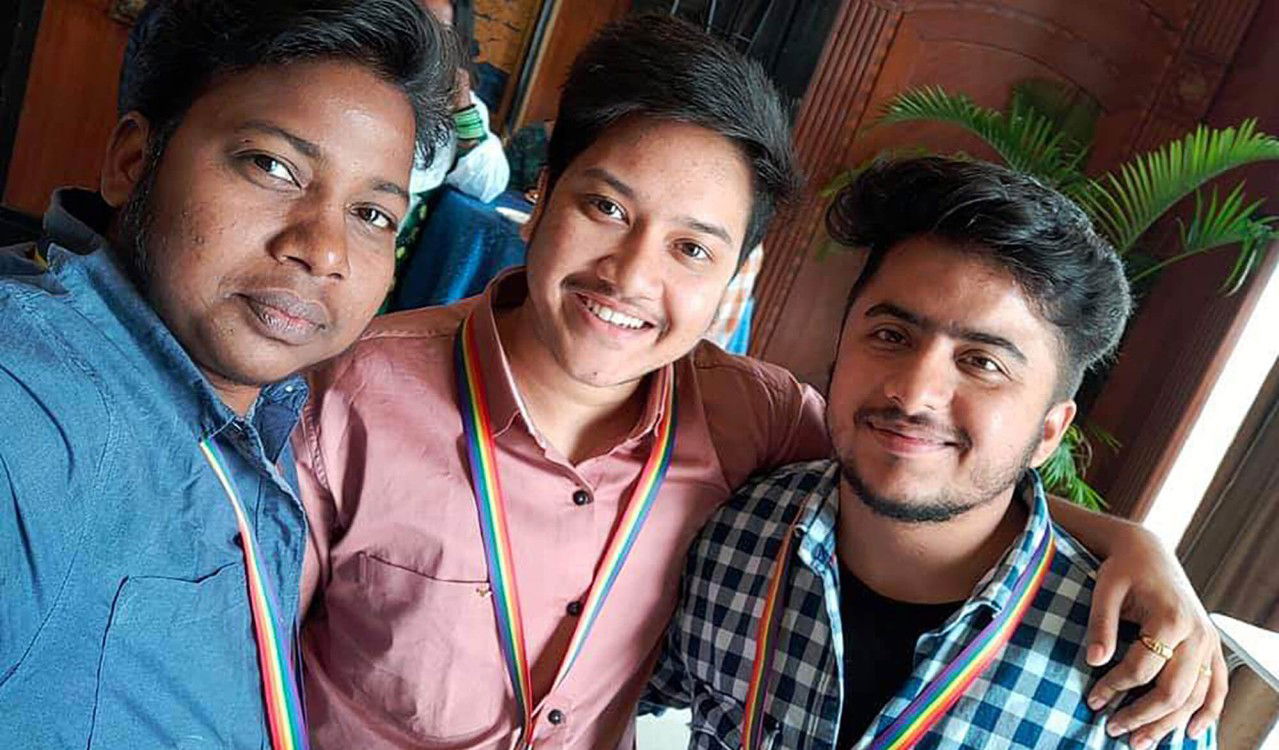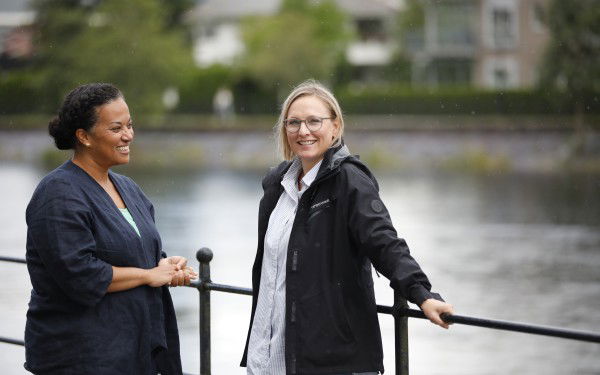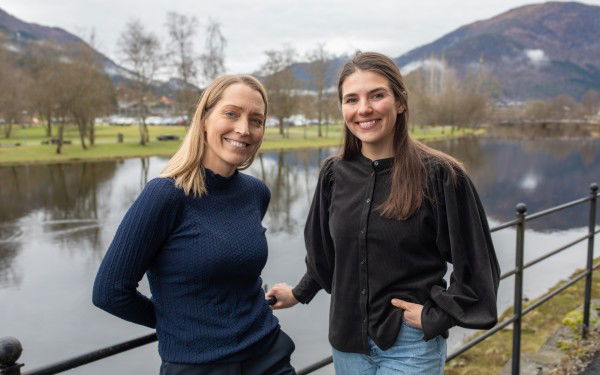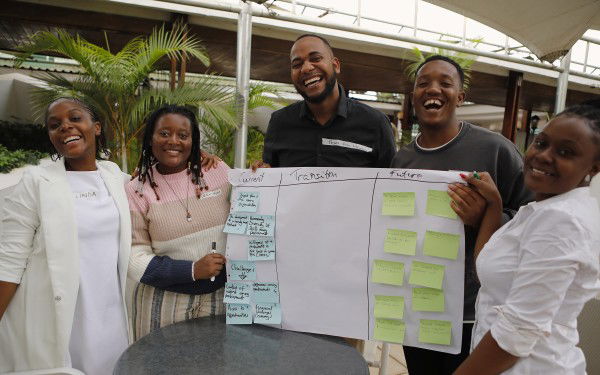Rishi created a secret network for trans men during the pandemic
13. June 2022
The ID-card states that Rishi is a woman, while he looks like a man. This makes everything difficult; he can neither rent a home nor study, let alone apply for a job. In Bangladesh, trans men have no rights.
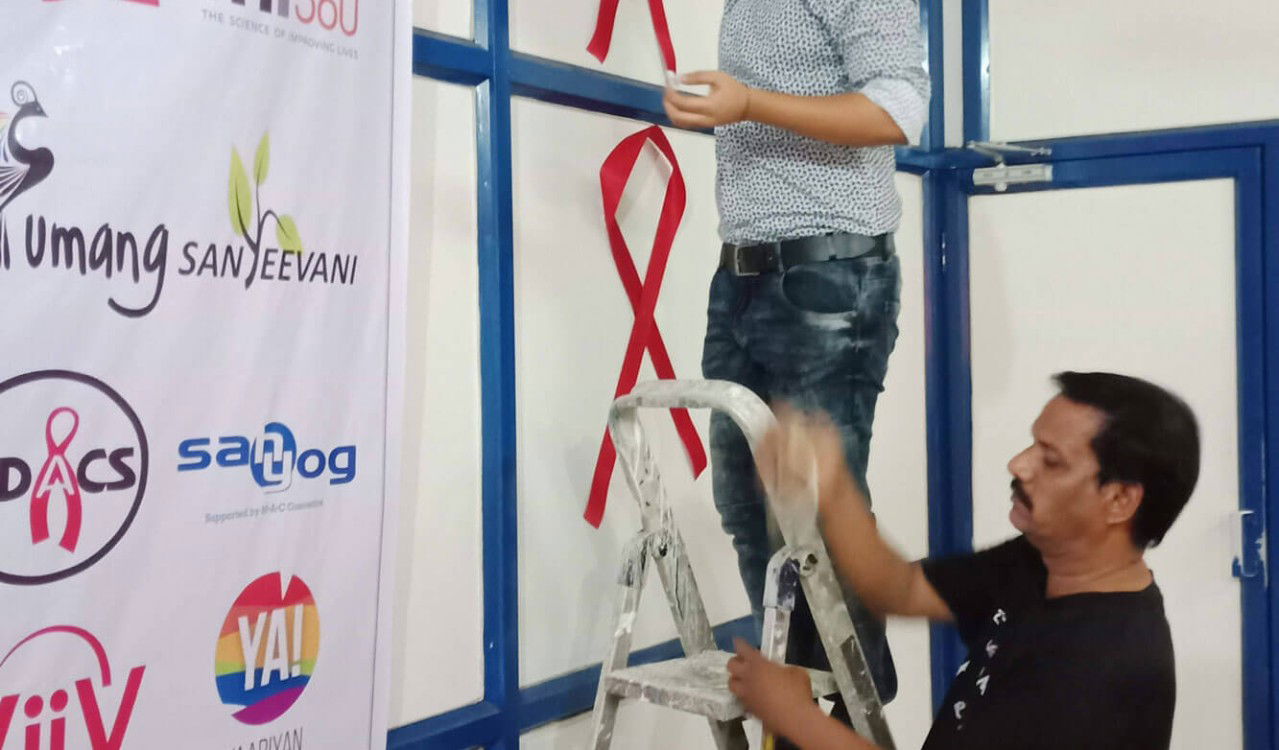
Inspiration India
In October 2019, Rishi went to Mumbay in India to work for The Humsafar Trust, as a participant in the Norec-supported project called Saksham. It is a South-South exchange in cooperation between The Bandhu Social Welfare Society in Bangladesh, Blue Diamond Society in Nepal and The Humsafar Trust in India. These organisations are working on improving the rights of marginalised groups within sexual and reproductive health.
— It was amazing to come to India. The situation there for trans men is completely opposite to that in Bangladesh. Should anyone react to your ID-card showing a gender differing from your appearance, you can just say that you are a trans man. They will just say “Sorry Sir,” and move on, Rishi says.
Blocked on Facebook
Six months into his exchange, Rishi had to go back home due to covid-19. But he was determined to continue the important work in Bangladesh, and so he established a virtual network for trans men from the basement of his parents’ house. He recruited members one by one, and today, this network counts 35.
We speak with each other every day, and it is a great relief for group members to have other people to share their experiences and challenges with, says Rishi, who made groups both on Whatsapp and on Facebook for internal communications within the group. The Facebook group has already been blocked.
— The purpose of the support-group is to share information about gender and sexuality, medical guidelines regarding sex-changes, and last but not least: our individual experiences. The network is a safe space, aimed at helping people to handle their day-to-day lives. But we would also like to mobilise this to create a network of spokespersons for trans men, as we really need to have a more informed society to stop discrimination and stigma, Rishi explains.
Discrimination and hatred
In Bangladesh, trans men have no legal rights, and are neither socially nor legally accepted for who they are. LGBTIQ rights are heavily suppressed, and homosexuality is illegal under Bangladeshi law; the punishment for homosexuals is up to life imprisonment. Human Rights Watch states that discrimination against LGBT people is pervasive in Bangladesh, and that it is dangerous to come out in society because of the threats of social rejection, hate, assault or even murder.
— I’ve gone through the physical transformation from woman to man, and I no longer look like the person on my ID-card. I can’t rent a home, study, apply for a job or get any social benefits as my ID-card and my credentials no longer match my current gender and name. In short, I am no longer the person on my ID-card, and I am left with nothing. Life is hard, says Rishi.
Dreaming of recognition
Being a trans man has a lot of stigma attached to it, and Rishi is hoping to change this:
— I wish to help others. To make the transition from woman to man easier than what it was for me. For instance: you cannot have an operation to change gender in Bangladesh, nor can you have hormone treatment. This can only be done in India. But most of all, I wish to help people facing the mental transition and all the related challenges.
The main goal of the support-group is to get acceptance for transgender people when it comes to official documents in Bangladesh. This is the most pressing issue to ensure a normal life for them. India and Thailand have come a long way in this regard, and Rishi has faith that Bangladesh will someday get there as well.
— I am happy about the person I am now, despite the massive challenges. I am no longer trapped in the wrong body, and that means more than anything, Rishi concludes.
